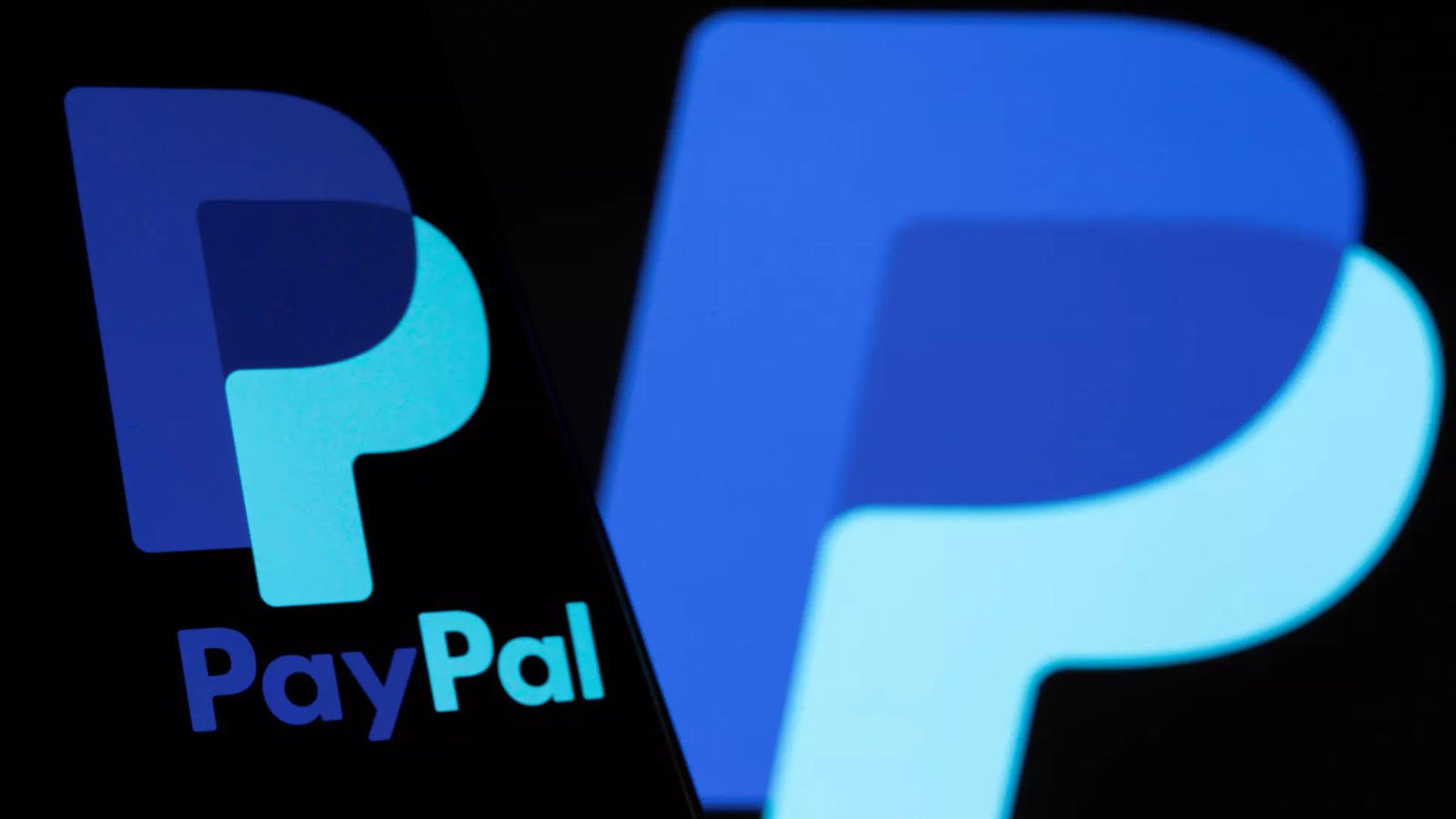In an ambitious move to expand its payment solutions beyond the digital realm, PayPal is gearing up to introduce ‘offline’ payment capabilities. This strategic pivot is aimed at leveraging the upcoming enforcement of the Digital Markets Act (DMA) by the European Union, marking a significant shift in the financial technology landscape.
Key Highlights:
- PayPal is developing a new consumer app for mobile users, indicating readiness for DMA implementation.
- The DMA will allow third-party apps to access NFC technology, currently dominated by Apple Pay, enhancing consumer choice in mobile wallets.
- PayPal’s CEO Alex Chriss emphasizes the demand for an omnichannel payment solution encompassing both online and offline transactions.
- Historical efforts by PayPal to penetrate the offline payment market include partnerships with national retailers and the introduction of QR codes for payments.
- The EU’s DMA is expected to foster competition by permitting apps to use NFC technology for contactless payments, potentially boosting PayPal’s market presence in Europe.

Expanding Horizons: PayPal’s Offline Strategy
PayPal’s commitment to broadening its payment ecosystem is evident from its ongoing efforts to establish a strong foothold in the offline payment sector. Despite previous challenges, the company’s strategic alignment with the DMA’s regulatory changes could provide the breakthrough it needs. The DMA’s focus on opening up NFC technology for third-party applications presents a unique opportunity for PayPal to innovate and offer a seamless payment experience across both online and offline platforms.
The Digital Markets Act: A Catalyst for Change
The DMA serves as a regulatory framework aimed at ensuring fair competition and consumer choice in the digital market. One of its key provisions includes enabling third-party payment services to utilize NFC technology, a domain previously limited to a few major players. This regulatory shift is poised to dismantle existing barriers and democratize the mobile payments industry, offering companies like PayPal a chance to redefine the payments landscape.
PayPal’s Vision for Omnichannel Payments
Reflecting on the consumer demand for a unified payment solution, PayPal’s CEO underscored the importance of delivering an integrated experience that bridges the gap between online and offline transactions. The development of a new PayPal app, coupled with the company’s rich history of innovative payment solutions, signals its commitment to meeting consumer expectations for flexibility and convenience in payments.
Navigating the Offline Payment Landscape
PayPal’s journey towards capturing the offline payment market has been marked by various initiatives, from forging partnerships with retailers to exploring QR code-based transactions. The company’s exploration of NFC technology and the development of mobile wallet functionalities underscore its resolve to adapt and thrive in a rapidly evolving payments ecosystem.
Looking Ahead: PayPal and the Future of Payments
As PayPal positions itself to embrace the opportunities presented by the DMA, the future looks promising for both the company and its users. The ability to choose PayPal as a default mobile wallet could significantly enhance its appeal to European consumers, who have shown a robust engagement with mobile wallet technologies. With the anticipated launch of new features and a consumer app, PayPal is poised to redefine the convenience and accessibility of payments, both online and offline.
Summary
PayPal is poised to revolutionize the payment industry by extending its services to offline transactions, capitalizing on the regulatory changes introduced by the Digital Markets Act. This strategic shift aims to provide consumers with greater flexibility and choice in their payment options, reinforcing PayPal’s commitment to innovation and customer satisfaction in the digital age. The upcoming changes are expected to enhance PayPal’s competitive edge, particularly in the European market, where mobile wallet usage is prevalent.